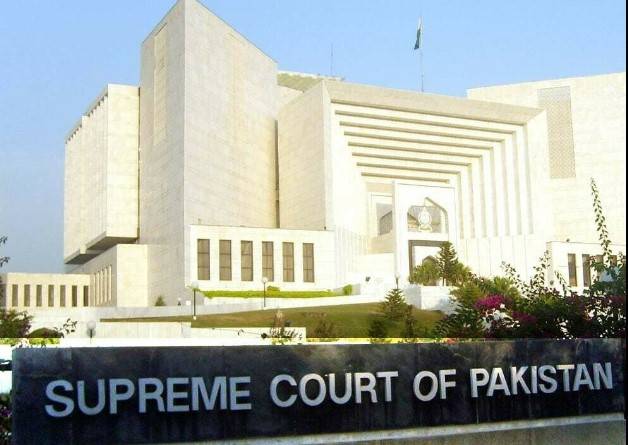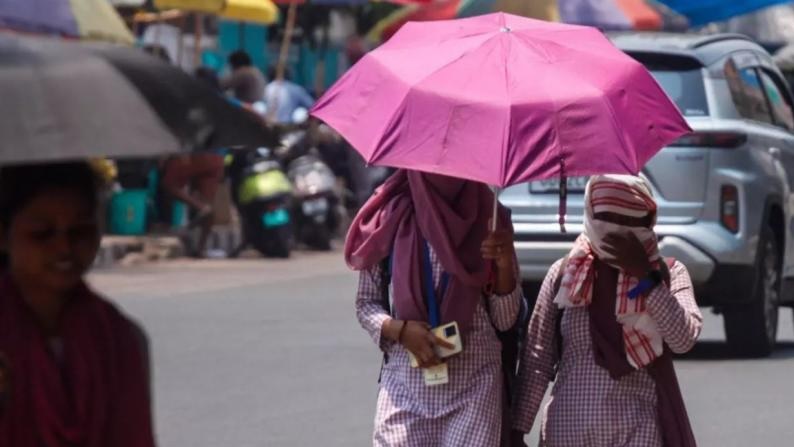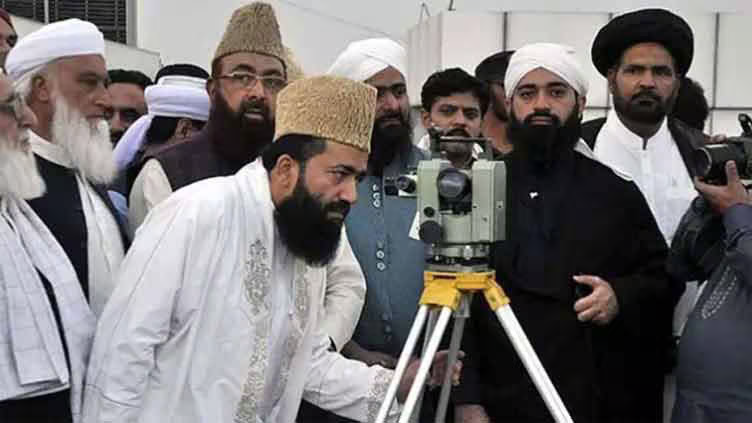The Supreme Court of Pakistan has taken suo-motu notice of a letter by senior judges from the Islamabad High Court (IHC) and has constituted a larger bench to address the matter.
Chief Justice of Pakistan (CJP) Qazi Faez Isa will lead the seven-member bench, which comprises Justice Mansoor Ali Shah, Justice Jamal Mandokhail, Justice Yahya Afridi, Justice Musarrat Hilali, Justice Athar Minallah, and Justice Naeem Afghan.
This action by the apex court follows the government’s establishment of a judicial commission headed by Justice (r) Tassaduq Hussain Jilani to investigate the allegations raised by the IHC judges.
The seven-member bench is scheduled to convene at 11:30am on Wednesday to hear the case.
READ MORE: CDWP Gives Green Light for Setting Up National Forensic Science Agency in Islamabad
This development occurred after the government approved a judicial inquiry to investigate the concerns raised in the letter by six judges from the Islamabad High Court. Former Chief Justice Tasadduq Hussain Jilani has been appointed as the head of the inquiry commission.
The cabinet also endorsed the terms of reference (TORs) for the commission of inquiry, granting it 60 days to compile its report.
Last week, the Chief Justice of Pakistan called for a full court meeting to discuss the letter sent by the Islamabad High Court judges regarding alleged interference by intelligence agencies in judicial matters.
In their letter, the senior judges, including Justice Mohsin Akhtar Kayani, Justice Tariq Mahmood Jahangiri, Justice Babar Sattar, Justice Sardar Ejaz Ishaq Khan, Justice Arbab Muhammad Tahir, and Justice Saman Raffat Imtiaz, highlighted instances of interference and intimidation by individuals claiming to be intelligence personnel.
The judges emphasized the importance of upholding judicial independence and ensuring that judges are not subjected to influence by agencies.
The letter cited specific incidents, such as the abduction of a judge’s relative by alleged intelligence operatives and illegal surveillance of judges’ residences.
The judges from the Islamabad High Court stressed the necessity of safeguarding judicial independence and protecting judges from intimidation. They also mentioned cases where district court judges faced threats, including an incident where an Additional District and Sessions Judge was threatened, and explosives were thrown into his house to intimidate him.




